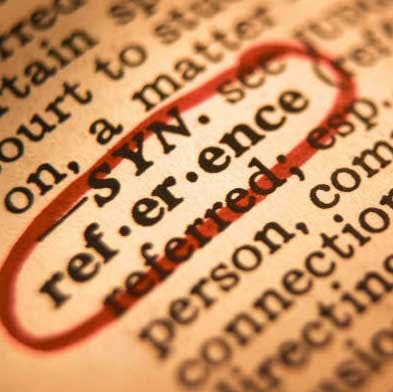Although providing references is a normal step in the recruitment process, previous employers should be careful what they write, warns Harmers Workplace Lawyers.
Peter Ferraro, Senior Associate, said providing references could lead to a number of issues, such as misrepresentation and defamation claims as well as invasion of privacy.
“Reference checking provides a potential employer with valuable information when it comes to assessing whether or not a candidate is suitable for a role, yet there is a fine line between providing too much or not enough information about a candidate’s skills, previous experience and their ability to do the job,” he said.
While many referees feel compelled to provide a glowing reference for a previous employee, Ferraro recommends that if they are going to provide a reference, sticking to the basic facts is sometimes the safer option. “Former employers are under no legal obligation to provide a reference; simply confirming the details of a person’s employment is perfectly acceptable.
“If you do want to provide a character reference for a former employee, do this cautiously as you don’t want to run the risk of being held liable for defamation because you provided an unfavorable reference for someone that didn’t get the job. In addition, intentionally providing inaccurate information about someone or withholding critical information about an employee could land you in trouble with a claim for misrepresentation from the new employer with the potential to seek compensation for damages,” he said.
Ferraro said many organisations now have a ‘no written reference’ policy, instead only providing a statement of employment certificate, which places an even greater importance on the validity of verbal references.
He also noted that with the unemployment rate recently having dipped under 5%, employers must now more than ever be mindful of the references they provide. “My advice to employers regarding their duties and obligations is, if in doubt about a particular employee, don’t provide a written reference.”
Advice for employers asked to be a referee:
- Provide factual and truthful information and avoid disclosing personal details about the candidate’s details that may hinder their chances of securing a role.
- Don’t talk up a poor performer for the sake of placing them elsewhere.
- If you can’t answer the questions honestly, or you don’t want to be negative, don’t answer the questions.
- Instead of providing a character reference, this could be handled by saying “I know Sharon in a professional capacity and to my knowledge she did her job properly.”
Advice for hiring managers and recruiters:
- Treat feedback received about any potential employee as only a component of the assessment process and ensure that you verify factual information such as education qualifications.
- Resist the urge to ask around about a potential employee – this could be seen as an invasion of their privacy.
- Ensure you have the candidate’s approval before proceeding with reference checking.
Advice for potential employees seeking a reference:
- Choose your referee wisely and ensure you have their consent prior to being contacted for a reference
- Ensure that you choose a legitimate referee – don’t ask a friend to pose as an HR manager.
- Ensure you only provide factual information to a potential employer about your previous experience – negligently providing false or misleading information could land you in trouble.
- Avoid putting a previous manager in a difficult position by asking them to provide a positive reference if you know that you underperformed in your role.

